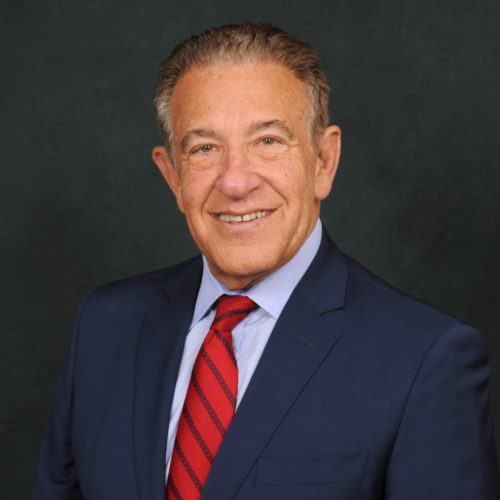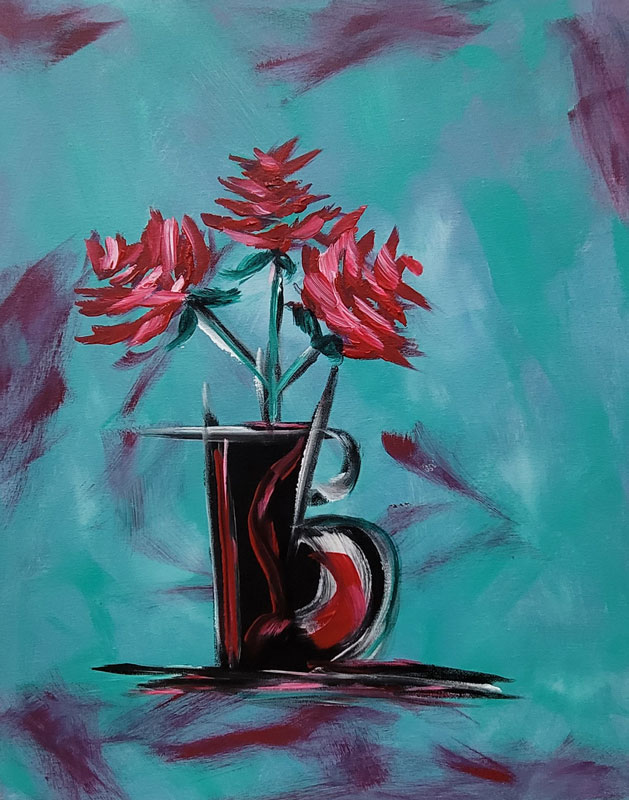By Stacie Prada
Bright lights on buildings and cool decorations
Brighten the landscape and cause a sensation
Snail mail and email share tidings and cheer
Wishes for wellness and Happy New Year
Kindness from strangers and heartfelt connection
Show us what matters and trigger reflection
Posts on the social show who they hold dear
Wishes for wellness and Happy New Year
Visit with loved ones and arrive gift bearing
delight in giving while sharing and caring
Joy, peace, and goodwill for those far and near
Wishes for wellness and Happy New Year
When fatigue hits
When the stress rears
When I’m overwhelmed
Focus on what matters, let go of the rest,
and deem the season success!
This was written for fun to be sung to the tune of “My Favorite Things,” by Oscar Hammerstein II and Richard Rodgers in their musical, “The Sound of Music.” Take good care all!
*Stacie Prada was diagnosed with RRMS in 2008 just shy of 38 years old. Her blog, “Keep Doing What You’re Doing” is a compilation of inspiration, exploration, and practical tips for living with Multiple Sclerosis while living a full, productive, and healthy life with a positive perspective. It includes musings on things that help her adapt, cope and celebrate this adventure on earth. Please visit her at http://stacieprada.blogspot.com/






